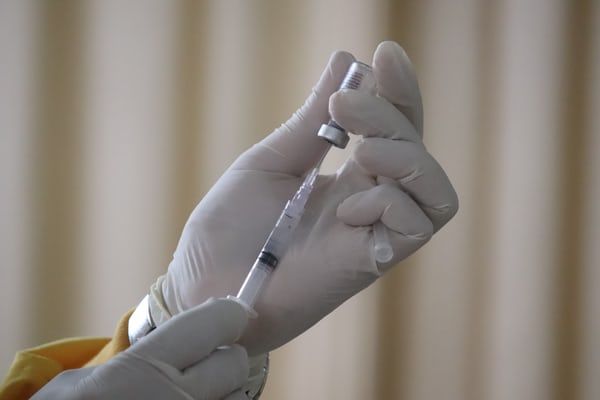An influential advisory panel voted unanimously on Friday to recommend the US Food and Drug Administration the emergency use authorisation of a booster dose of Pfizer’s COVID-19 vaccine, six months after full vaccination in people 65 and older or run a high risk of severe disease.
In an earlier vote, members of the FDA’s Vaccines and Related Biological Products Advisory Committee had rejected a plan to offer Pfizer booster shots against COVID-19 to most Americans — 16 years or older — dealing a heavy blow to the Biden administration’s effort to shore up people’s protection amid the highly contagious delta variant.
Also Read | On booster shots: Is ‘follow the science’ Biden racing ahead of experts?
Hence the FDA offered a revised question to vote on.
The vote recommending the booster shots for older Americans and other high-risk groups somewhat salvaged a part of the White House and President Joe Biden’s campaign but is still be a huge step back from the sweeping plan proposed by the administration a month ago to offer booster shots of both the Pfizer and Moderna vaccines to nearly all Americans eight months after they get their second dose, according to Associated Press inputs.
Also Read | Can smaller booster doses help increase COVID vaccine supply?
During the initial vote that concluded 16-2, members expressed frustration that Pfizer had provided little data on the safety of extra doses. Many also raised doubts about the value of mass boosters, rather than ones targeted to specific groups.
During several hours of vigorous debate Friday, members of the panel questioned the value of offering boosters to nearly everyone.
Also Read | US officials call for booster COVID vaccine shots to counter falling efficacy
“I don’t think a booster dose is going to significantly contribute to controlling the pandemic,” said Dr Cody Meissner of Tufts University, according to Associated Press inputs. “And I think it’s important that the main message we transmit is that we’ve got to get everyone two doses.”
The World Health Organization has strongly objected to rich nations giving a third round of shots when poor countries don’t have enough vaccines for their first.
With inputs from the Associated Press






